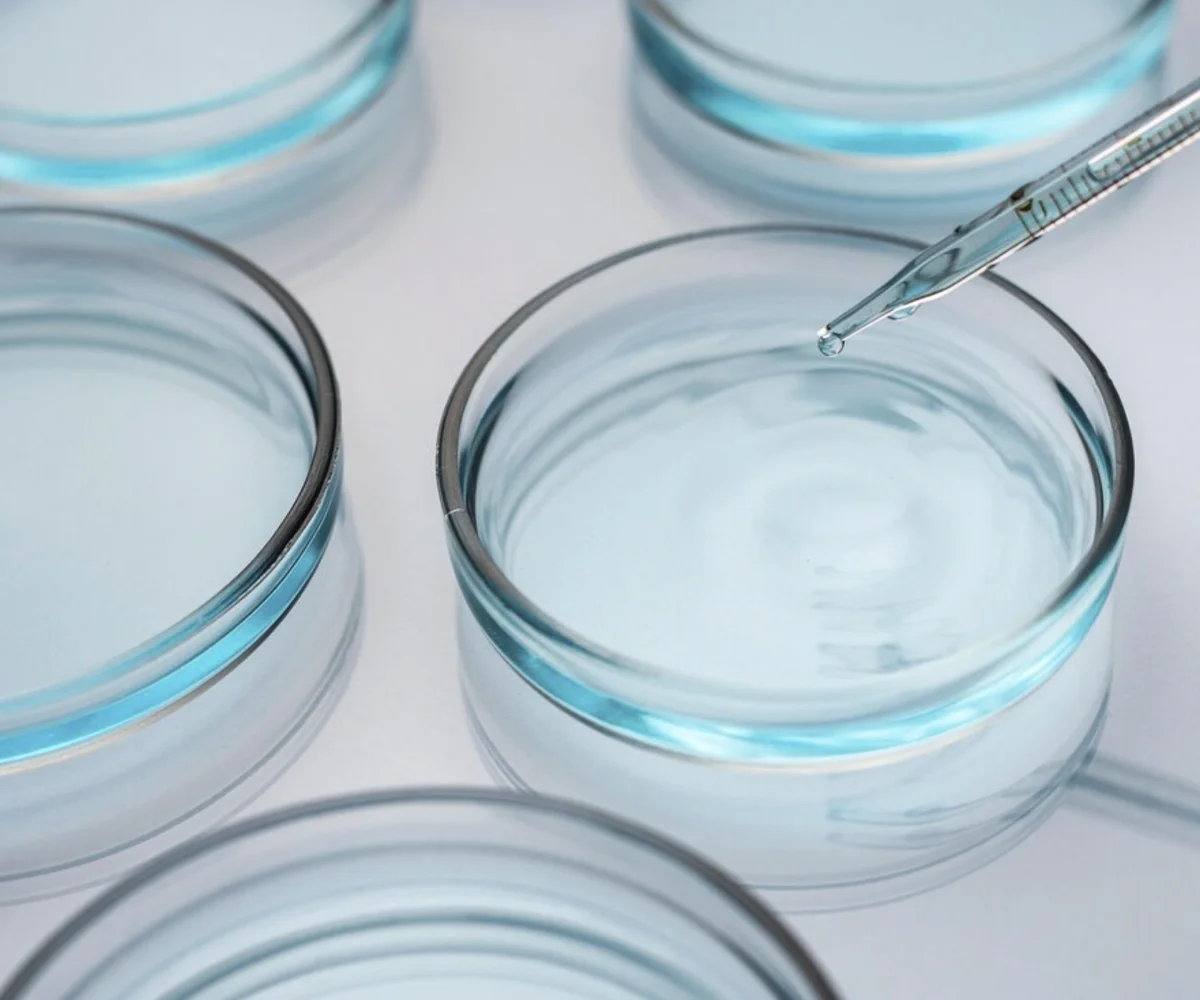
Biologicals
How it works
Directive 2001/83 defines a biological medicinal product as a product whose active ingredient is biological. A biological substance is one that is produced or extracted from a biological source and that requires, for its characterization and determination of its quality, a combination of physical-chemical and biological tests together with the production process and its control. The following will be considered biological medicinal products: immunological medicinal products and medicinal products derived from human blood or plasma, as defined in sections 4 and 10 of Article 1; medicinal products falling within the scope of Part A of the Annex to Regulation (EEC) No 2309/93.
Medicines obtained from one of the following biotechnological procedures:
- Recombinant DNA Technology
- Controlled expression in genes encoding biologically active proteins in prokaryotes and eukaryotes, including transformed mammalian cells
- Methods based on hybridomas and monoclonal antibodies
- Veterinary medicines, including those not obtained by biotechnology, used mainly as enhancers to promote the growth or increase the performance of treated animals
- Advanced Therapy Medicinal Products (ATMPs)
Types of Biologicals:
- Vaccines (PMF)
- DNA AND RNA Derived Medicinal Products
- Viral Vectors
- GMOs
- Allergen Products
- Plasma and Blood derived Medicinal Products
- Monoclonal Antibodies
- Recombinant Proteins
- ATMP
- Biosimilars
We provide the following services:
- Regulatory Roadmaps
- Scientific Advice meetings
- IMPD
- Full Dossier (Modules 1 to 5)
Advanced therapy medicinal products (ATMPs) are cutting-edge biologics pioneering a relatively new field of precision medicine. Whether your ATMP is based on gene therapy, cell therapy or tissue engineering, we want to help you drive your biologic through clinical development and registration so patients can benefit from these new technologies.
A biosimilar is biological medicine highly similar to another already approved biological medicine in the European Union (EU), for which marketing exclusivity rights have expired. The European Medicines Agency (EMA) is responsible for evaluating the majority of applications to market biosimilar medicines before they can be approved and marketed in the EU.
Developers of biosimilars are required to demonstrate through comprehensive comparability studies with the ‘reference’ biological medicine that:
- their biological medicine is highly similar to the reference medicine, notwithstanding natural variability inherent to all biological medicines;
- there are no clinically meaningful differences between the biosimilar and the reference medicine in terms of safety, quality and efficacy.
Biosimilar development relies heavily on comparability studies to establish similarity to the reference product. This involves a comprehensive head-to-head comparison of the biosimilar and the reference medicine.
Comparability is conceived as a step-wise process that is tailor-made for each product. Knowledge of the initial quality comparability studies is used to determine the extent and type of non-clinical and clinical studies required in the next step of development, always with the aim of ruling out differences in clinical performance between the biosimilar and the reference medicine.
